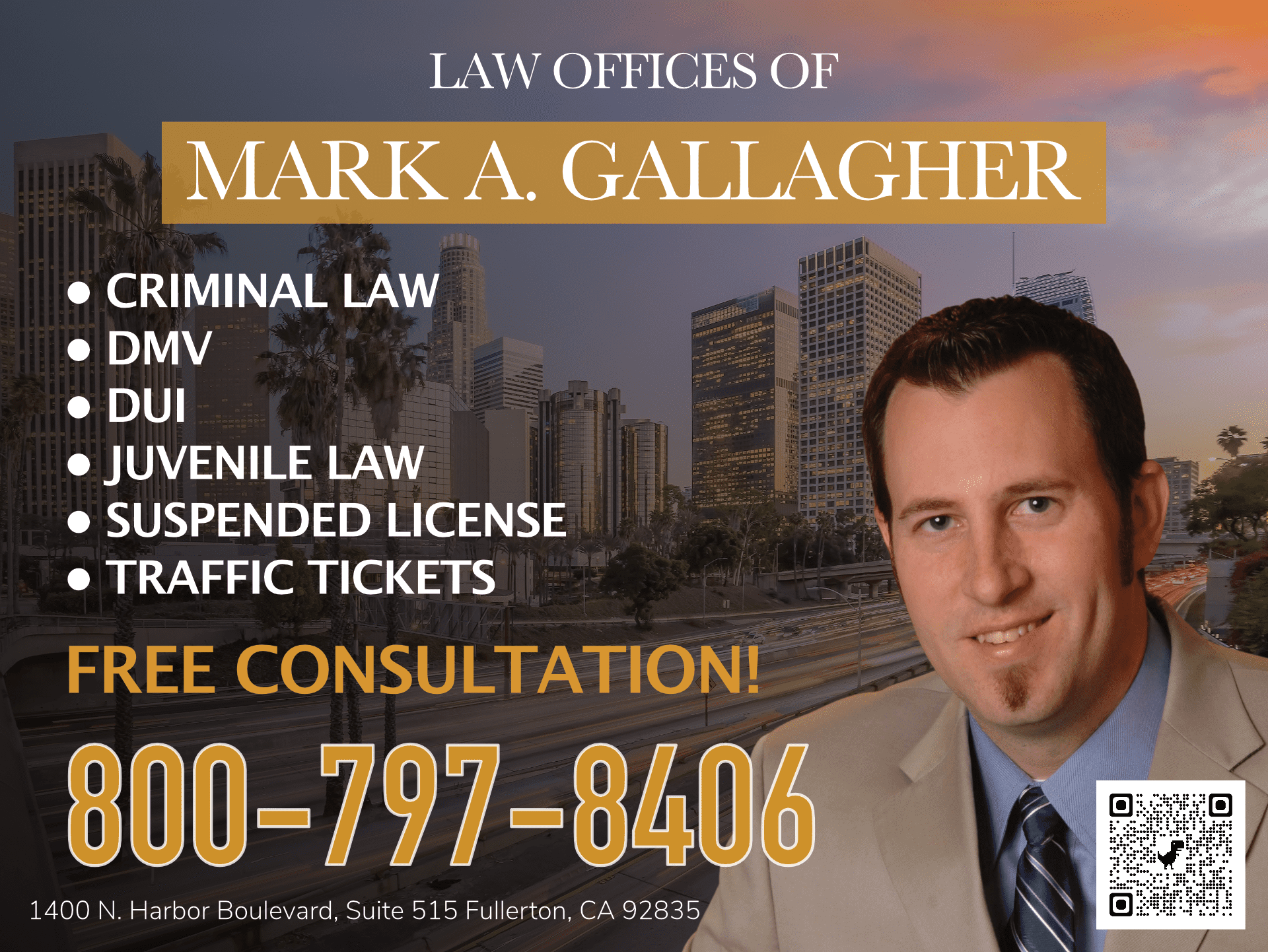Criminal Defense FAQs
1. Can a defense lawyer represent a client if he wasn’t his lawyer during the first hearing?
Absolutely. During a criminal case, the person being accused of a crime has the ability of obtaining a new lawyer if there was a different lawyer at his/her first court appearance. Changing your lawyer is relatively simple and takes only a few seconds. How does it work? Your new lawyer appears and indicates that he/she is subbing in as your attorney. The court will generally grant your request.
2. Does the victim receive notice of a no-contact order in domestic violence cases?
Generally yes. Under some circumstances, the victim will receive a copy of the no-contact order. An example of this is when the alleged victim attends the defendant’s first court appearance. At the first court appearance, a judge will determine if a no contact order is appropriate for the case before the court. In addition, the efficacy of the order does not depend on the victim receiving a copy of the order. Instead, orders can be enforced as long as the defendant is served with a copy.
3. Can I request a court date or does my lawyer have to?
Either way. Generally, your lawyer will take care of this for you. On the other hand, you can visit the court clerk and request to be placed on the court’s calendar. If you have a lawyer, it is best to inform him/her that you placed yourself on the court’s calendar and for what reason. However, it is a best practice to delegate this responsibility to your lawyer. If you feel that your lawyer isn’t helping you with this, then talk to him/her first and see if there’s anything you can do to address any issues.
4. How to remove a bench warrant for a traffic ticket when I live out of state?
This depends on the court. Counties differ in what they require in order to remove a warrant for a person’s arrest. In my experience, a person generally has to go to the court clerk and place himself/herself on the court’s calendar before a certain time of the day — some courts require you to appear before 10:30 am. Once you appear before the judge, you can address the warrant issue and then your ticket by entering either a guilty or not guilty plea.
If you enter a not guilty plea, then expect to show up to court at a later date. If you enter a guilty plea, then you can expect to pay fines and a penalty assessment. A quick tip for a person paying the fine after entering a guilty plea: You can ask the court to reduce the fine and to remove the penalty and assessment fee, but be prepared to give an explanation for your request, and keep in mind that courts do set up people with payment plans as low as $10.00 a month.
5. Is an arrest mandatory for a DUI or can the defendant call someone to pick him up or walk home?
If your DUI is a misdemeanor offense, then the officer can exercise his/her discretion when deciding to arrest a person suspected of a DUI. Some police departments have procedures when exercising this discretion. For example, a department may require lower ranking officers to get authorization from a supervisor before releasing a person that can be arrested for a DUI offense.
In my experience as a lawyer, it is rare to see that an officer did not take a person into custody after stopping the person for a DUI offense. However, if you are allowed to leave after being stopped for a DUI, then expect to be given a ticket with a court date. This is called “cite and release.”
We Can Help
If you’re facing a criminal charge, it’s in your best interest to hire an experienced criminal defense attorney to help you with your case. The Law Offices of Mark A. Gallagher has over 20 years of experience successfully handling cases involved DUI, domestic violence, traffic violations, and much more. Call our offices at 800-797-8406 to schedule your free consultation today or visit our website at https://www.socaldefenselawyers.com/ for more information.








